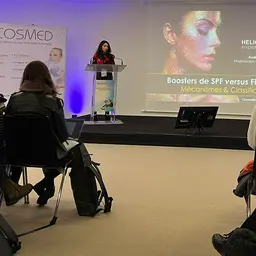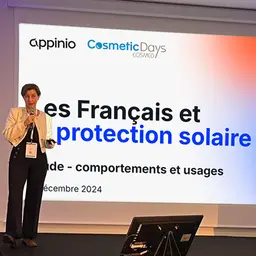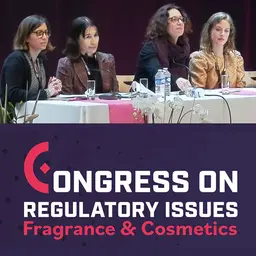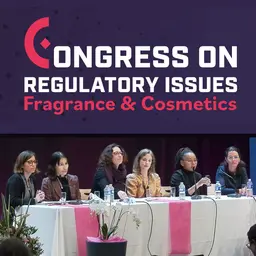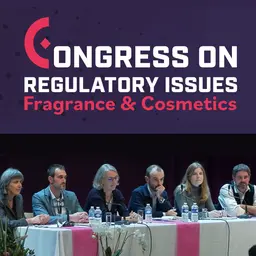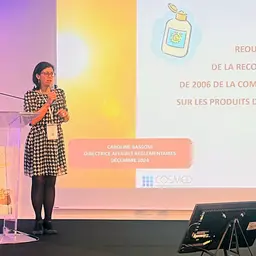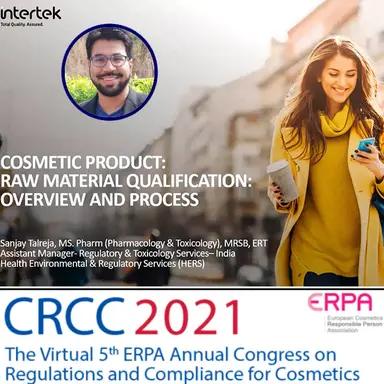
Are you familiar with this raw material that you are about to incorporate into the formula of your next cosmetic product? Do you have all the necessary data, have you precisely evaluated its toxicological safety? For Sanjay Talreja, from Intertek India, if the answer is no (or not necessarily), you have missed an important step and this can have serious consequences. At the 5th Congress on Cosmetics Regulation and Compliance organised by ERPA (European Cosmetics Responsible Person Association), he explained why a good qualification of raw materials is the first step to ensure the safety and compliance of cosmetic products, and how it should be done.
The term “cosmetics” covers a very wide range of products, used (and regulated) all over the world. Beyond the sometimes slightly different definitions that describe them, these products are also mixtures of raw materials of very varied origins: vegetable, synthetic, mineral, inorganic, etc.
Before arriving on shop shelves, a cosmetic product requires a long and expensive R&D phase, followed by regulatory obligations that are often complex to comply with.
These rules, most often precise and demanding, exist all over the world and have safety and regulatory compliance as their main pillars.
The qualification of a raw material encompasses two main aspects:
• The analysis of available or missing data
• The assessment of the safety of the raw material
Sanjay Talreja describes it as a scientific process that it is wise to initiate as early as possible, even before the pre-formulation stage of the product, in order to gather the documentation necessary to ensure its safety and regulatory compliance.
“The mantra is: a non-safe and/or non-compliant raw material = a non-safe and/or non-compliant cosmetic product = a non-authorisation or a marketing ban,” he stressed.
He therefore advises that the qualification of raw materials should be one of the very first …



